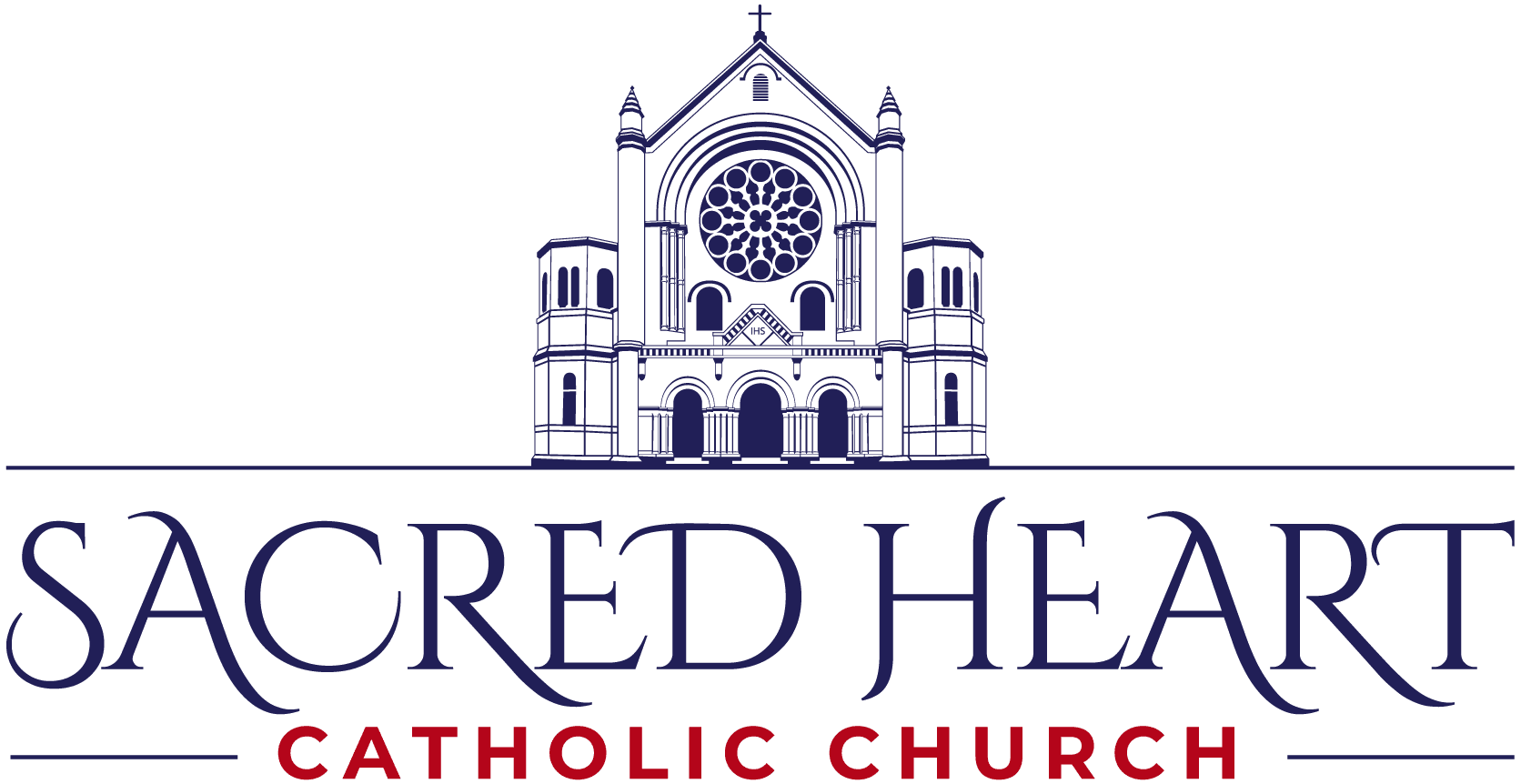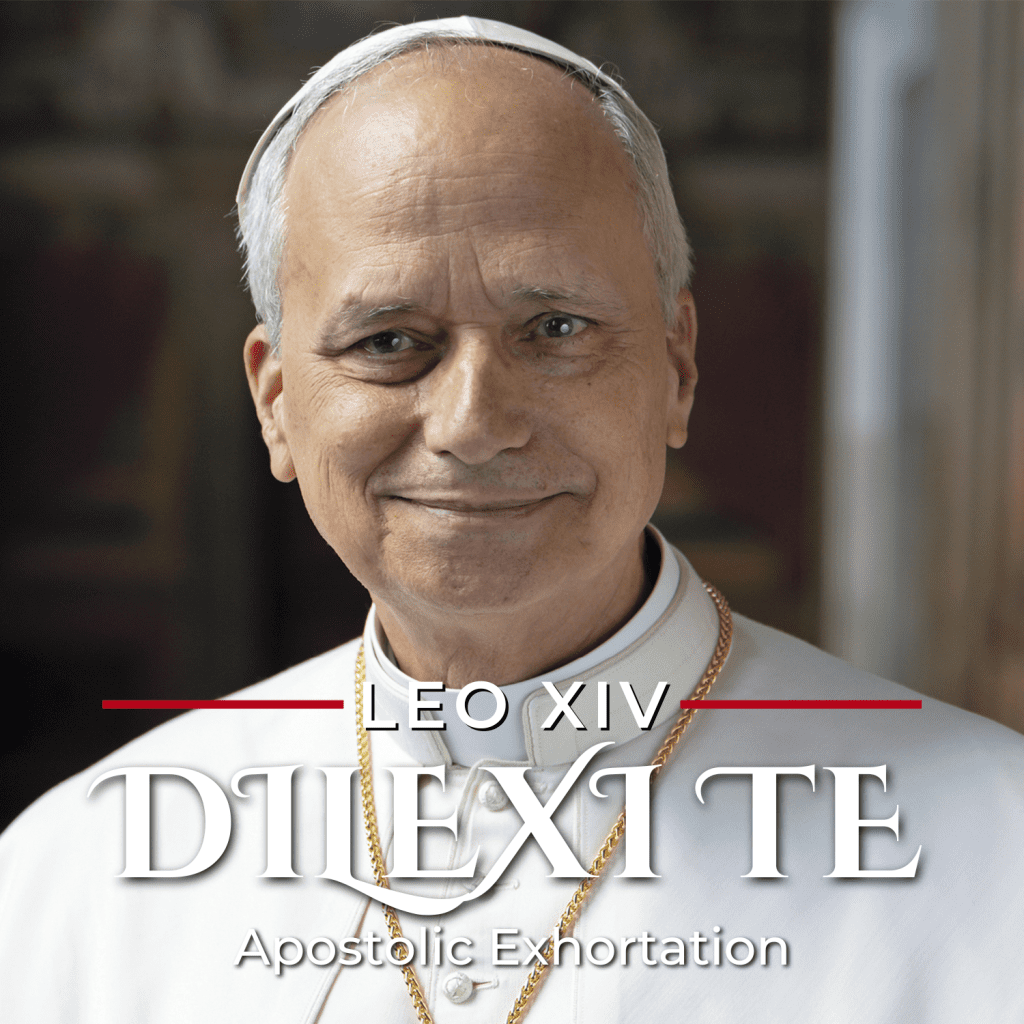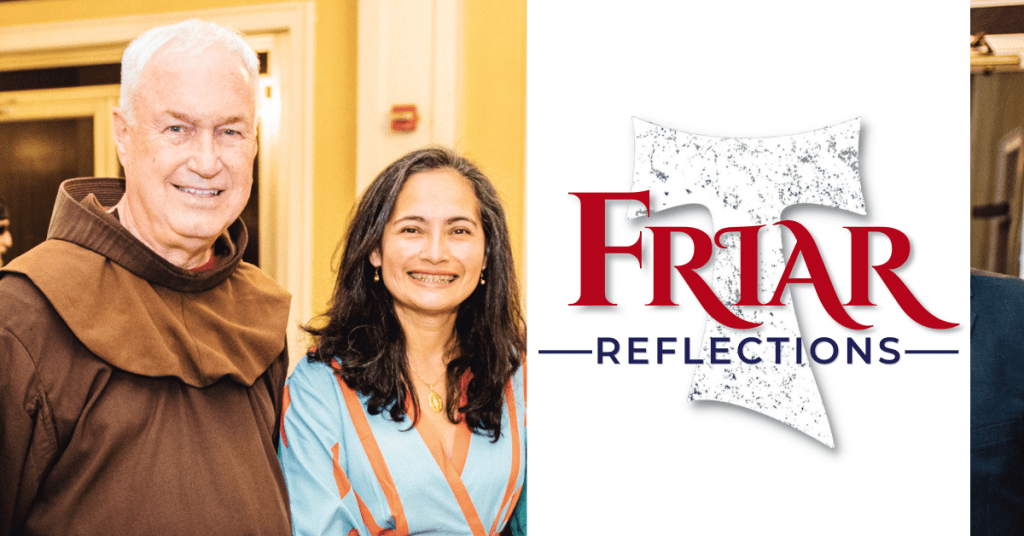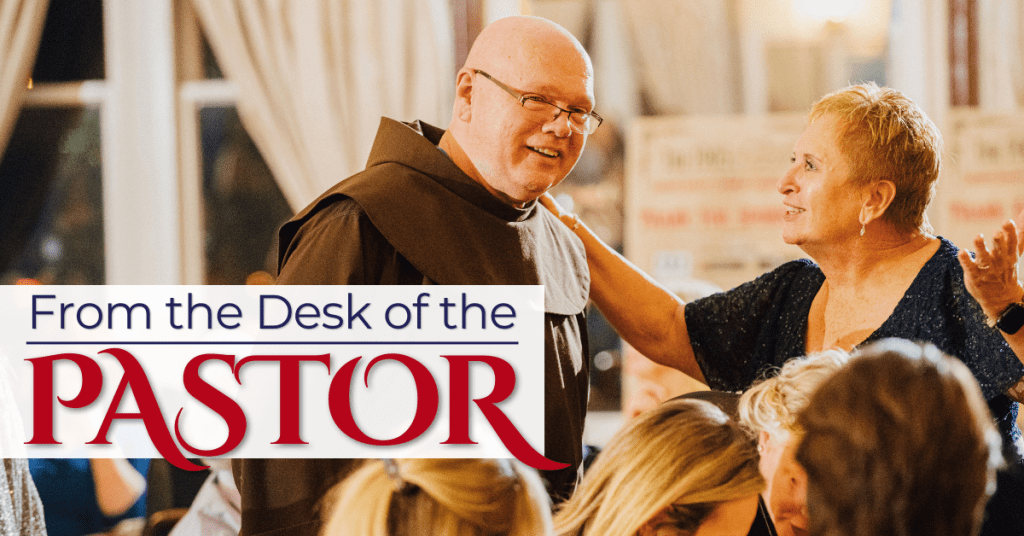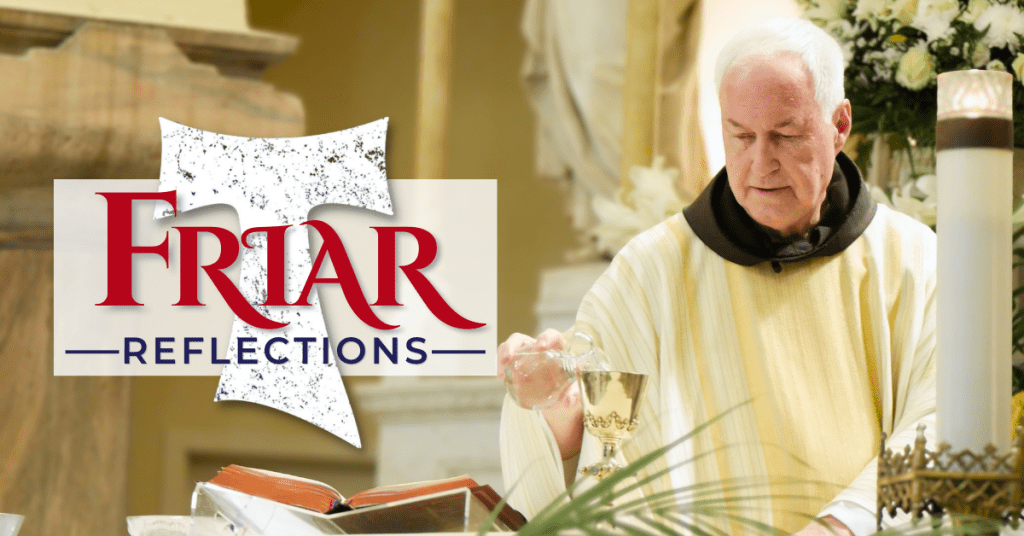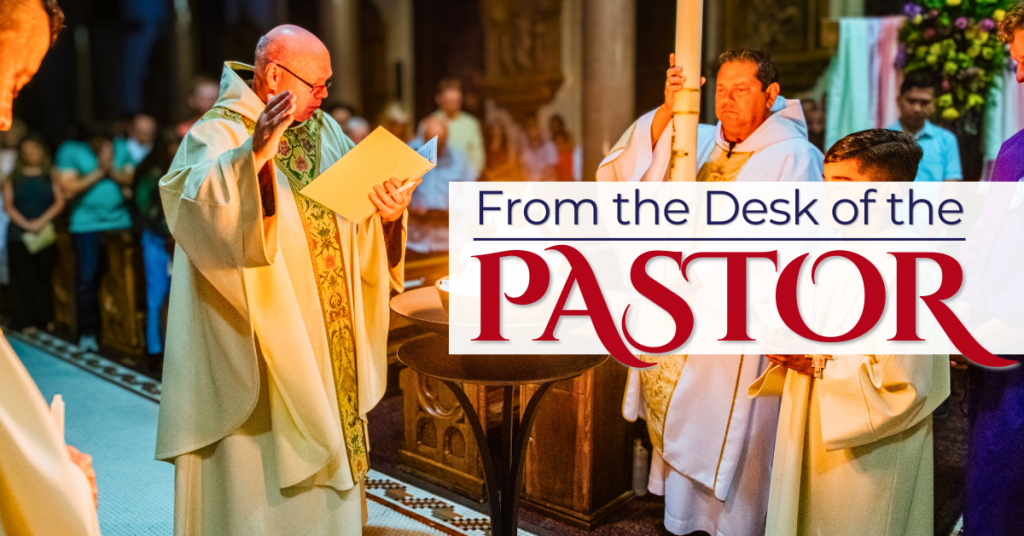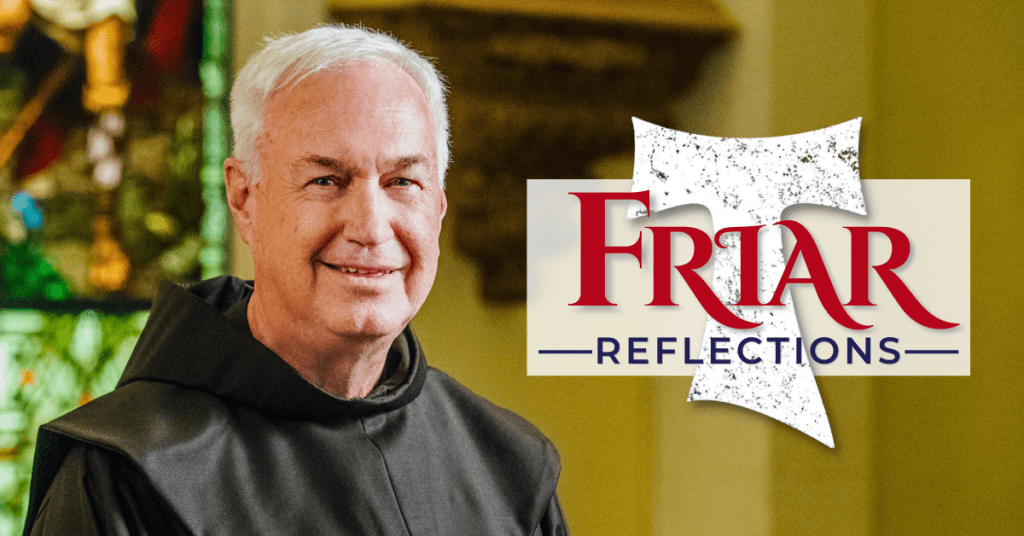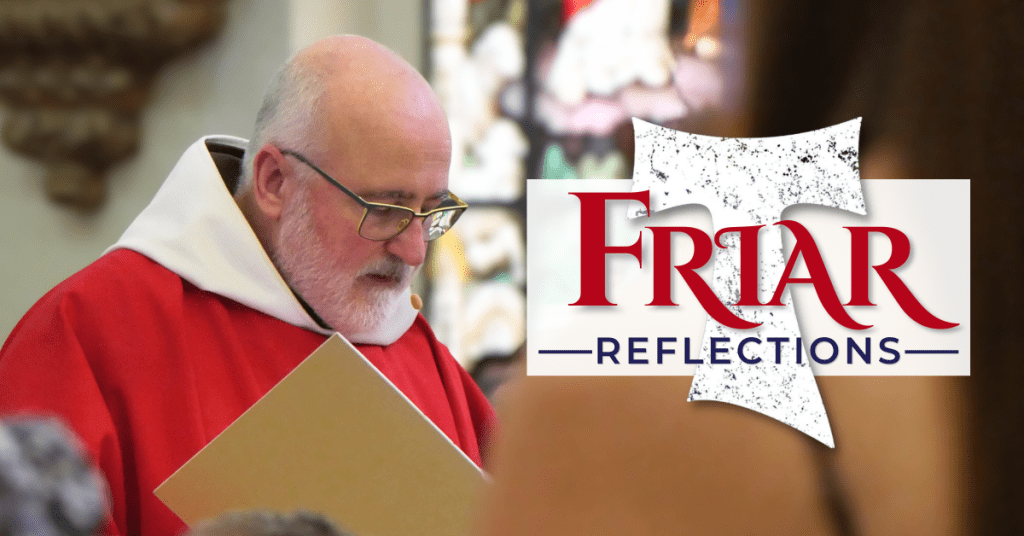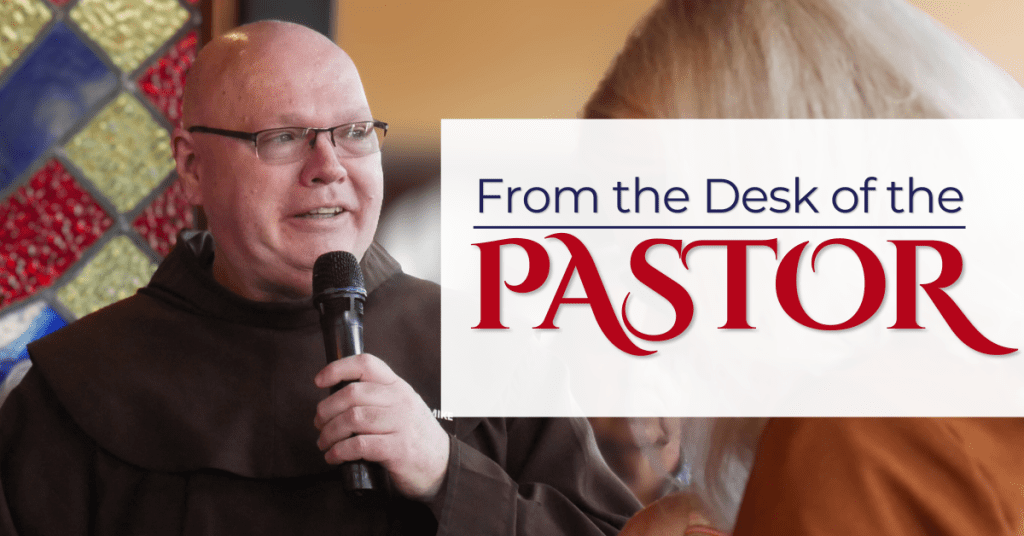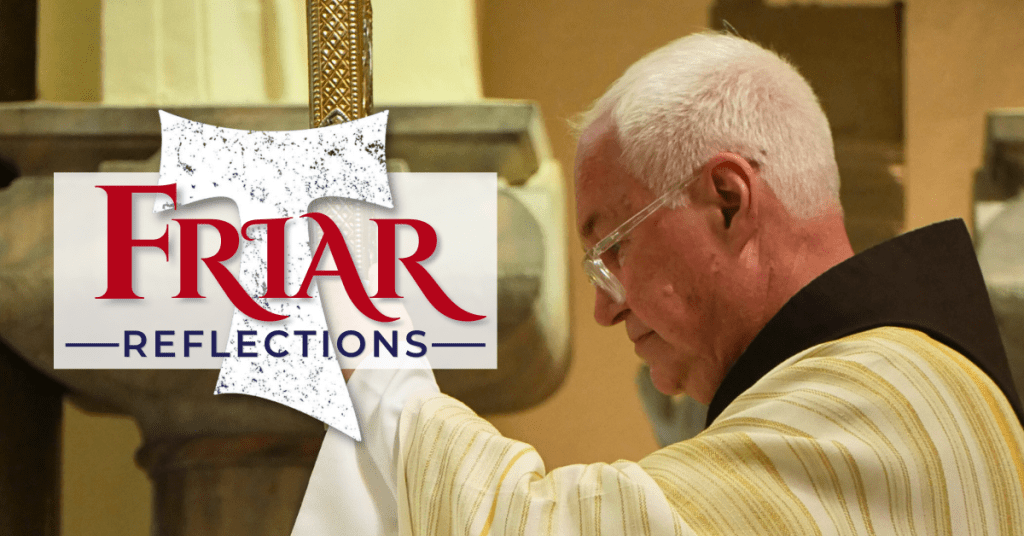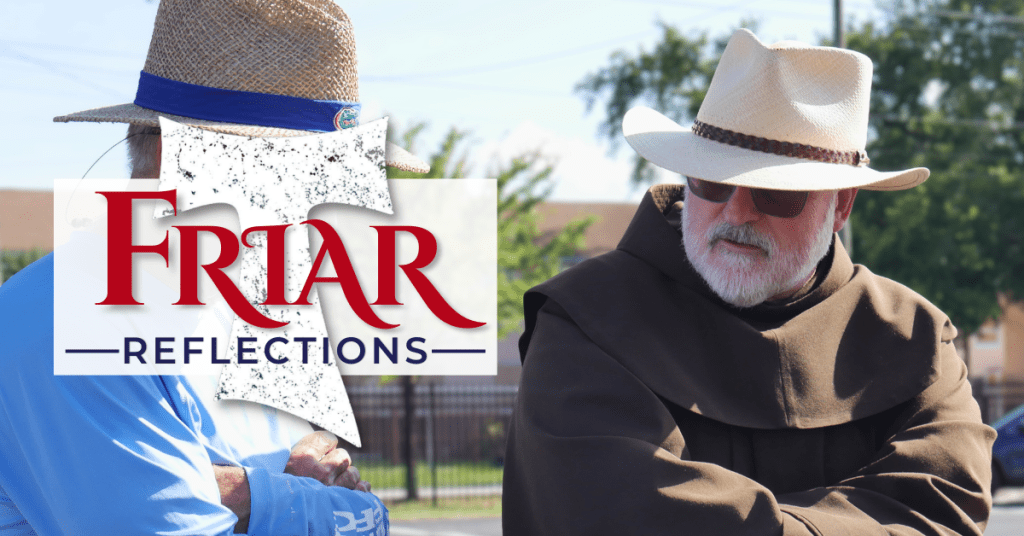“I have loved you.” Rev 3:9
“Taking up Pope Francis’ desire “that all Christians come to appreciate the close connection between Christ’s love and his summons to care for the poor”, Pope Leo XIV issued his first Apostolic Exhortation, Dilexi Te, as a call to Christ’s disciples “to recognize him in the poor and the suffering,” wrote Salvatore Cernuzio of Vatican News earlier this month.
Signed on October 4, the Feast of St. Francis of Assisi, and released on October 9, the pontiff provides us this teaching document, begun by Pope Francis prior to his death but largely of Leo’s own creation, that asks Catholics to continue to look to the Gospel and Catholic Social Teaching for how we should respond to those on the peripheries, especially the poor or powerless.
“…in continuity with the Encyclical Dilexit Nos (He Loved Us), Pope Francis was preparing in the last months of his life an Apostolic Exhortation on the Church’s care for the poor, to which he gave the title Dilexi Te, as if Christ speaks those words to each of them, saying: “You have but little power,” yet “I have loved you.” (Dilexi Te, Paragraph 3.) Dilexit Nos was the last of Pope Francis’ four encyclicals, published just over one year ago, where he focuses on the human and divine love of the Sacred Heart of Jesus, and its relevance for a modern world facing various challenges.
Apostolic Exhortations are magisterial documents written by a pope. While not legislative like an Apostolic Constitution, or doctrinal like an encyclical, Apostolic Exhortations are documents or reflections that encourage and inspire the Church to act on a particular virtue or theme.
“The document is a beautiful reflection that outlines the Church’s history of caring for the poor throughout history,” says Fr. Steve Kluge, OFM. “Social Justice is not a “woke” construct, but rather the beating heart of Christianity. The document states its thesis in Paragraph 3, “that all Christians come to appreciate the close connection between Christ’s love and his summons to care for the poor.”
Parishioners who review the exhortation will surely see that many of the assertions or calls to action made are present within our parish community. For those who are not yet participating in ministry, reading this document may inspire you to get involved, whether it’s here at Sacred Heart or with another outreach that assists the marginalized. When asked what he sees in our parish that already answers the call in Dilexi Te, Fr. Steve stated “Here at Sacred Heart, we live Christ’s summons to care for the poor and marginalized through Hands of Hope, our Giving from the Heart drives, Bikes from the Heart, our connection with the St. Vincent de Paul Society, initiatives like our “Socktober” sock drive, and the efforts of our social ministries like the Knights of Columbus Council or Open Doors and more.”
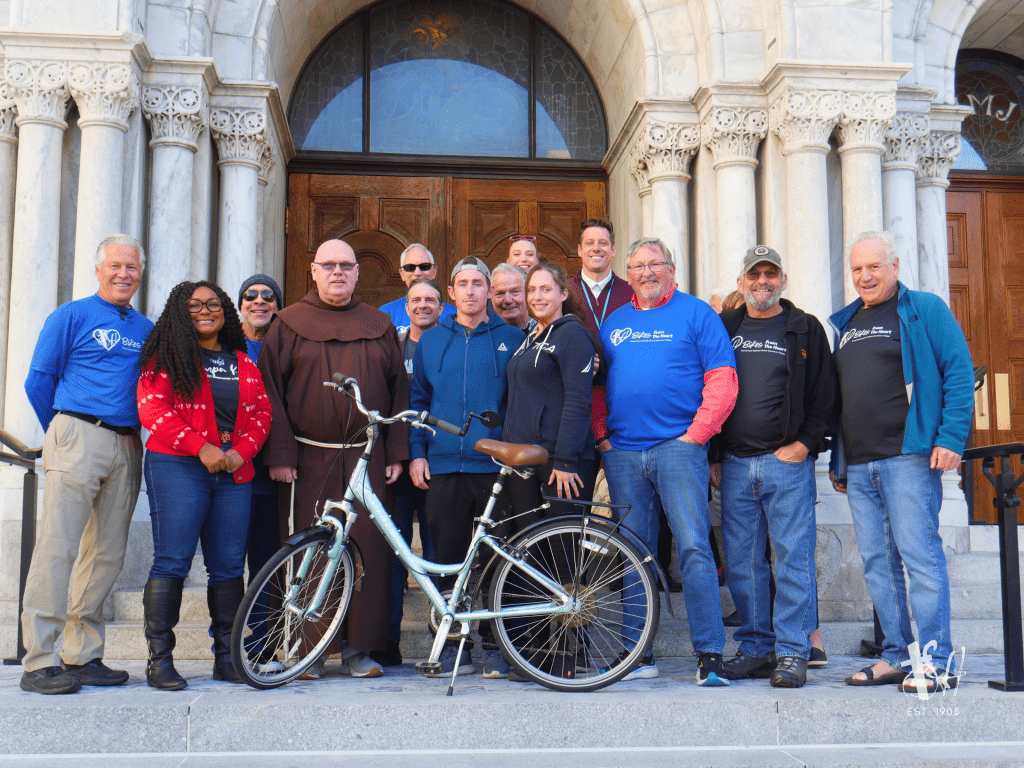
It is no secret that Cardinal Robert Francis Prevost chose the name Leo to connect his papacy to the Leo XIII, whose encyclical Rerum Novarum is largely considered to be the origin of Catholic Social Teaching. St. Pope John Paul II wrote on the 100th Anniversary of Rerum Novarum, ““In the face of a conflict which set man against man” Leo (XIII), for the first time, both established and firmly defended the Church’s moral authority to promote justice in public life and, by so doing, “created a lasting paradigm for the Church”. Dilexi Te takes the baton from aspects of Leo XIII’s encyclical while also reminding us of Pope Francis’ consistent calls to go out to the margins.
There are takeaways in Dilexi Te that call us not only to engage with the poor personally, but inspire us build structures addressing poverty’s root causes. You can read Leo XIV’s exhortation by clicking here.
